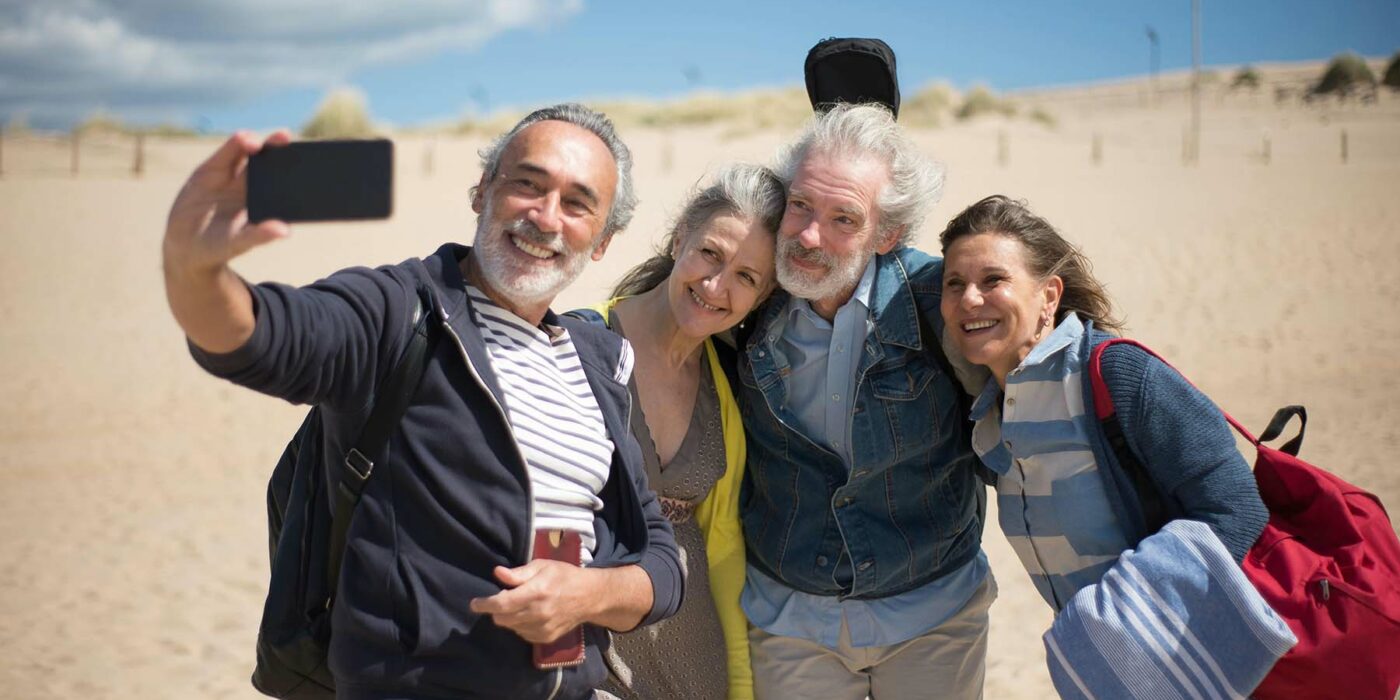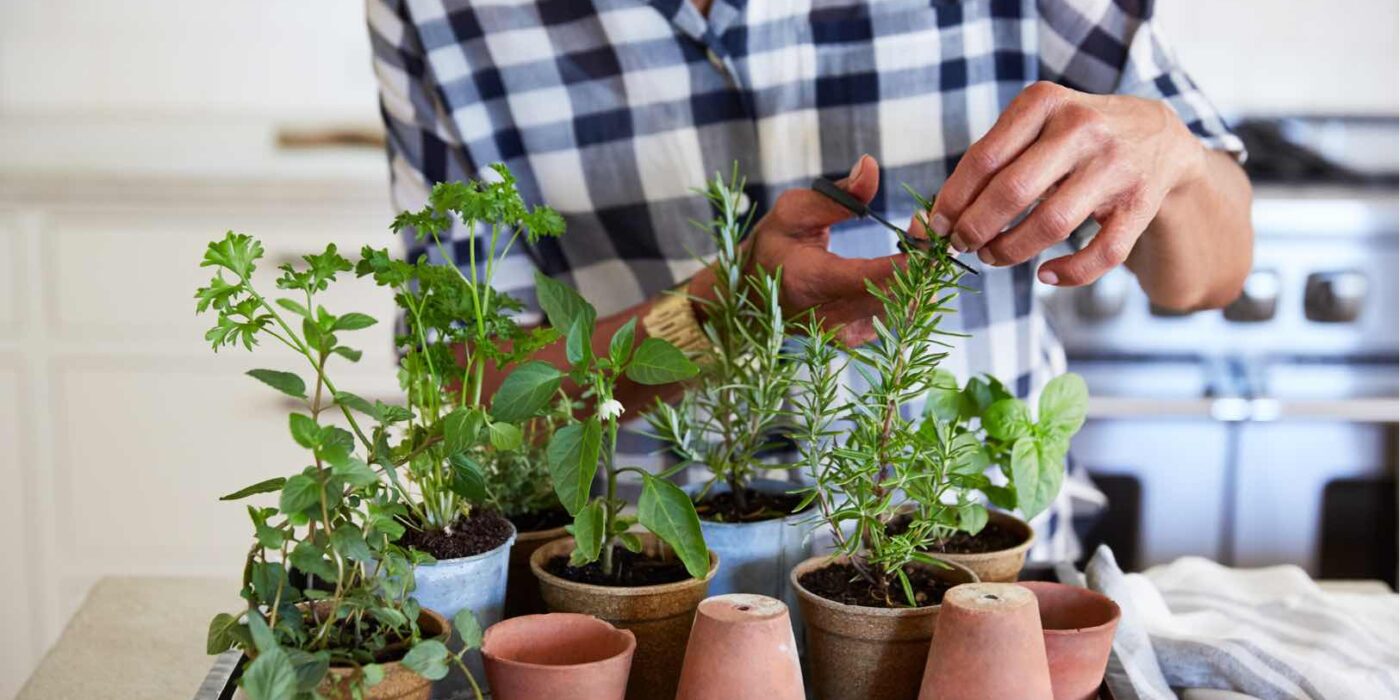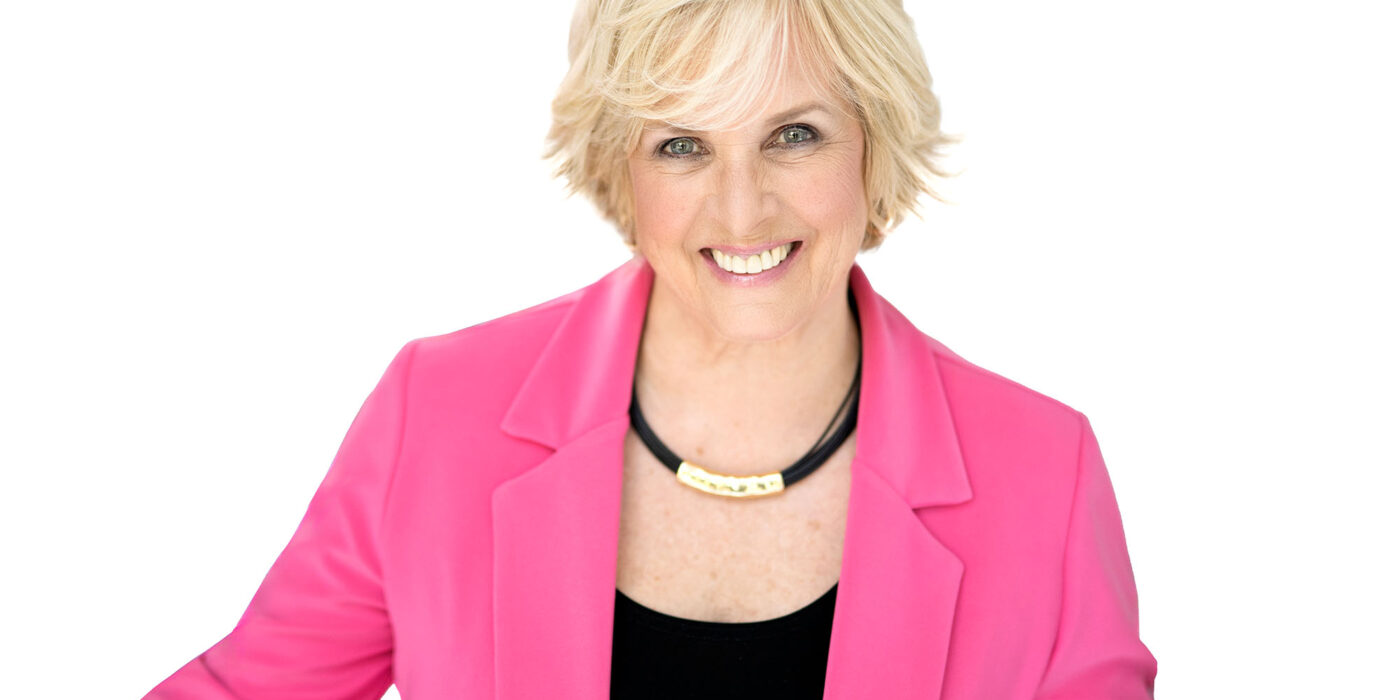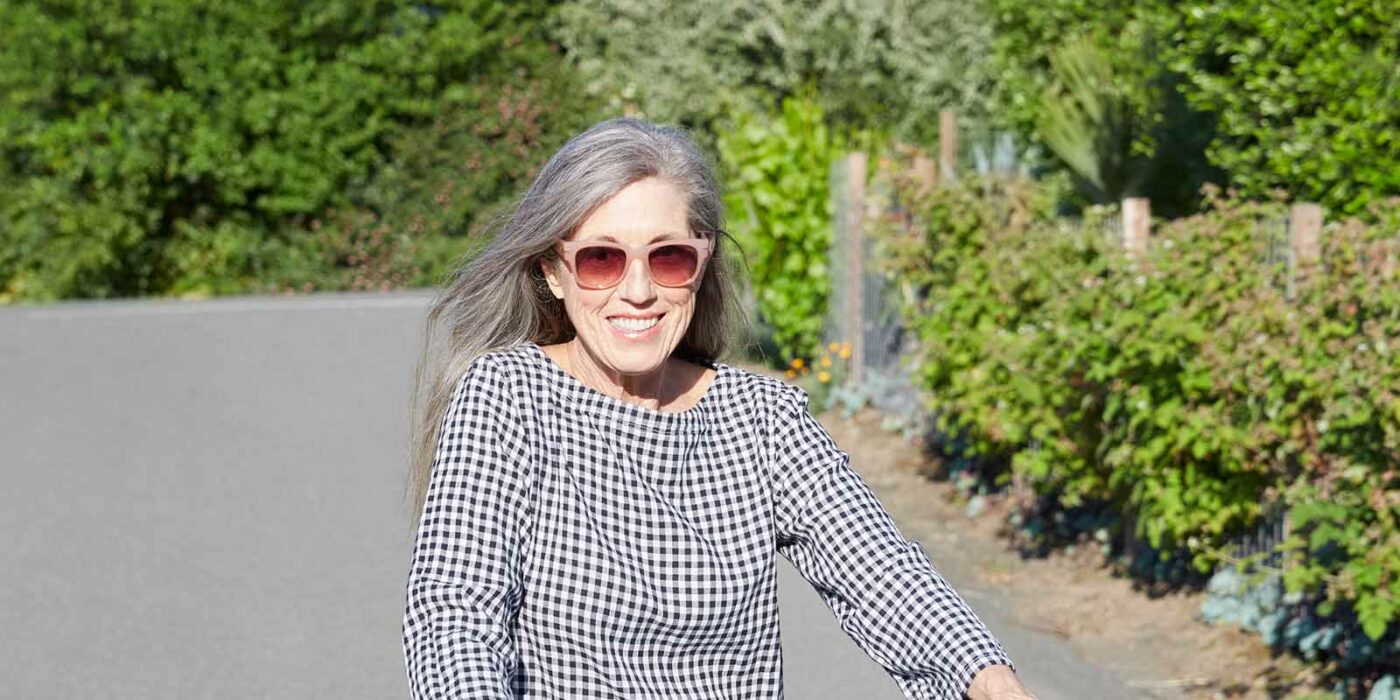It is true that wisdom comes with experience but so does resilience, courage, great stories and cautionary tales to tell. We tend to focus on what we’re losing as we age but in truth we will gain so much more when we appreciate aging as a privilege instead of a curse.
You’ll often read that getting older is like entering the winter of our lives, but I respectfully disagree. It’s more like summer really: we’ve navigated many of life’s challenges, we’ve rewired and reinvented ourselves to arrive at a place where we’re reflowering in the garden. In this season, we require less weeding although we may want more support for our stems and other parts. We’ve lived in our bodies for decades, so it stands to reason that it’s our time to receive whatever assistance we need. Strong people can be very proud but asking for and being willing to receive support is a great gift to give those who want to help.
“Senior citizens: the true treasures of our society, whose value only appreciates with time.” – Unknown
June is seniors’ month; it’s an opportunity to celebrate the people who make up the foundation of our families, our communities and our society. It’s a chance to recognize the contributions our elders continue to make, as they pave the way forward for all of us. In celebrating our seniors, we’re fostering deeper bonds in our circle, we’re helping to address the issue of loneliness and we’re inspiring young people to respect and appreciate the experiences their ancestors navigated to create the world we live in.
With the shift from intergenerational living to more urbanization, busy lifestyles and independent living, our connection with our elders can be weakened. Being helpful and supportive of our parents, our older friends and relations is a privilege, and it can be a very meaningful experience when we’re mindful of how important all parties are in this interdependent relationship. Let’s ensure that we’re mindful to meet our seniors where they are, being compassionate and respectful. Sometimes it’s us who need to slow down instead of insisting that they keep up. Our goal should be to lift others up when we’re together, so that when we leave, they know they’ve been seen, heard and appreciated. Don’t we all want to feel valued this way?
Here are a few tips to get the conversation going. Ask how their week is and listen to what they tell you, reminisce with them about the good old days, ask questions about the highlights and even the lowlights of their life. There’s so much value in the life lessons gained through lived experience and we can all benefit from slowing down and being a good listener.
“What lies behind us and what lies before us are tiny matters compared to what lies within us.” – Ralph Waldo Emerson
Cherishing the hard-won qualities we possess as seniors, the ones that make our lives meaningful: our values, the compassion we feel for others and the courage we draw on to support us as we navigate, all help guide us through the labyrinth, that is life in the latter years. Our inner character matters most when we’re challenged; we can call upon the resilience we have stored away to help make life’s trials less daunting. We hear a lot from our Wellings members about how the feeling of being part of a community helps them feel cared for and gives them an opportunity to care for others. We see kindness in all forms blossoming in our communities and that’s certainly something we love to celebrate.
“One of the great things about getting older is that you don’t lose all the other ages you’ve been.” -Author, Madeleine L’Engle
Are there clothes in your closet that you keep for special occasions? Special dishware, crystal and silverware that you break out for holidays? Every day in this chapter of our life is a celebration, so bring out the good stuff, get dressed up if it makes you feel good. Savour the feeling that you’re well worth making a fuss over.
Important message: we are the sum of all the lessons we’ve learned in life rather than the sum of our experience.
I think it’s a fabulous gift when seniors live their lives fully, sharing their wisdom, life lessons and favourite memories. What do you think about a personal memoir? Your story has dips and twists, highs, lows and probably more than a few funny moments that your friends and family would enjoy hearing about. Don’t let the idea overwhelm you, just take some small action like choosing a few areas you’d like to focus on, using those subjects as prompts and begin. I might suggest focusing on one topic at a time and please don’t rush. This is supposed to be fun. It could be written down in a journal or done interview style with a friend or family member asking questions. How about recording a video to share with friends and family? However you choose to share your story, I know you’ll be happy you did.
How about organizing a luncheon, an afternoon tea or a cocktail hour to celebrate a senior, (it could be yourself). Highlight their achievements or allow them to share their favourite memories and the lessons they’ve learned along the way.
Try something unexpected. Take a dance class, sign up for a language class or book yourself a massage. Someone recently shared with me that she’s enrolled in a beginner ballet class at almost seventy years of age. Now that’s celebrating life.
Plan regular fun days with friends or family, so you always have something on the calendar to look forward to. It could be a lunch or coffee date, a movie, a visit to the gallery, a play or a spa day. Sharing these fun events with others makes it a special day for everyone.
Write an appreciation letter to yourself, acknowledging all that you’ve accomplished in your life. I like to use the analogy of standing on your mountain and looking back at how far you’ve come. You could also write a letter of appreciation for another senior, letting them know how much you admire who they are as a person. It doesn’t take much to turn someone’s day around with a few kind words.
I love the idea of a memory jar filled with messages collected from friends and family as a meaningful keepsake to treasure.
“Age is an attitude.” – Anonymous
It is true that how we perceive aging can impact our mindset and our daily life. Let’s maintain a vibrant outlook to help shape our experience and influence our friends, family and our community. Let’s keep celebration top of mind as we go through our day, looking for joy and new experiences to give us hope and to remind us of what Frank Sinatra said: “the best is yet to come.”










